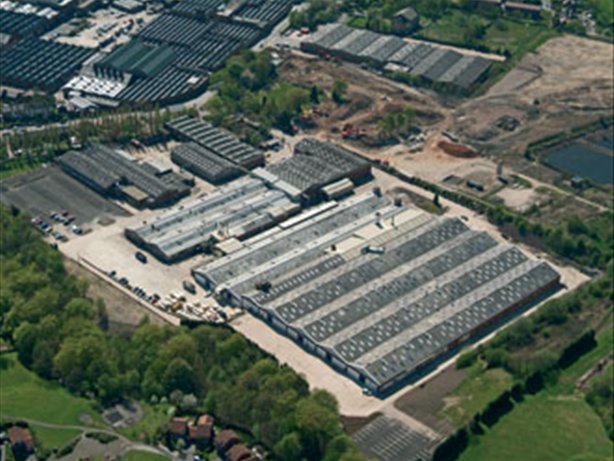The Upper Tribunal (Lands Chamber) has determined that a workshop forming part of Newton Business Park, Hyde, must be valued for rating purposes in an assumed reasonable state of repair. The decision in Shaw v Benton (VO) (2018) UKUT 0168 (LC) found that, whilst it was not possible on the evidence to reach a precise conclusion as to the extent of disrepair and the costs of remedying it, the likely costs would be less than twice the annual rental value in repair, and that a reasonable landlord would not consider such expenditure to be uneconomic. Because of this the property had to be valued for rating purposes in an assumed reasonable state of repair, and the assessment should not be deleted, but the absence of toilet facilities at the property had to be taken into account and, as a consequence, the assessment should be reduced.
The case concerned a workshop unit forming part of a former ICI factory site that had been converted to a business park. The appeal property had been left in a poor condition when the previous tenant went into administration. The Appellant, who was the landlord of the property, said that it was effectively derelict and should be deleted from the rating list. The Appellant suggested that it was likely that the unit would have to be divided and contended that it would not be economic to undertake works to divide or repair the unit until a tenant had been identified. There was a substantial amount of vacant industrial space in the locality and limited demand. On this basis the Appellant suggested that, as a reasonable landlord, he considered the repair work to be uneconomic and, as a result, the assumption of a reasonable state of repair, which forms part of the statutory basis of valuation for rating, did not apply and the unit had to be valued in its actual condition, which was effectively derelict. Accordingly, the assessment should be deleted.
The Respondent Valuation Officer contended that the property continued to exist as a hereditament at the relevant material day and, therefore, should not be deleted from the rating list. The proper question was to consider if the value was correct and to do this it was necessary to consider three questions: firstly, what was the physical state of the property at the relevant date; secondly, if the property was in disrepair, were the works to put it into repair ones that a reasonable landlord would consider economic; and thirdly, would there have been demand for the appeal property at the relevant valuation date? The Respondent contended that there was only a limited degree of disrepair, the works to remedy that disrepair were ones that a reasonable landlord would consider economic, and the evidence of rents and other agreed assessments showed that there was demand for properties of this type at the relevant valuation date. This evidence showed that the assessment should not be deleted and the property should be valued in a reasonable state of repair. If the lack of toilet facilities was something to be dealt with at all, it should be addressed by way if an end allowance.
The Upper Tribunal found that there was no basis on which to delete the assessment. The property continued to exist at the relevant date and there was no change of circumstance at that date that would justify a deletion. The Tribunal accepted that the correct approach was to consider the three questions formulated by the Respondent. The evidence as to the condition of the property at the relevant date was inconclusive and it was not possible to reach precise conclusions regarding the exact extent of disrepair and the costs of remedial works, but it was reasonable to conclude that the roof was in disrepair and that a figure of £25,000 represented a fair estimate of the cost of putting the property into a reasonable condition. The test of whether that cost was one that a reasonable landlord would consider economic was not to be determined by what the actual landlord decided, but rather by the views of a hypothetical landlord knowing that the property will then be let, as required by the assumption in the statute. In this case the expenditure would represent less than two years rental income and was, therefore, expenditure that a reasonable landlord would consider economic. The property therefore had to be valued in a reasonable state of repair.
However, that assumed reasonable state of repair did not include the installation of toilet facilities. These did not exist and installing them would represent an improvement, not repair. The existing assessment of Rateable Value £18,000 was supported by rents and other agreed assessments, but these were of properties with toilet facilities. It was necessary to reflect the lack of heating by an adjustment of 2.5%, and the lack of toilet facilities by a further adjustment of 10%. The Upper Tribunal determined an assessment of Rateable Value £16,000 for the appeal property.
This decision shows the importance, in cases where state of repair is an issue, of being able to show clear evidence at the relevant date of the extent of disrepair and of the costs of works to put the property into repair. The judgment also make clear that, just because the actual landlord does not consider it worthwhile to carry out works, those works should be considered to be uneconomic. It will be the evidence of the value of the property in a reasonable state of repair, and its relationship to the costs of repairs, that will determine the answer to this question.

